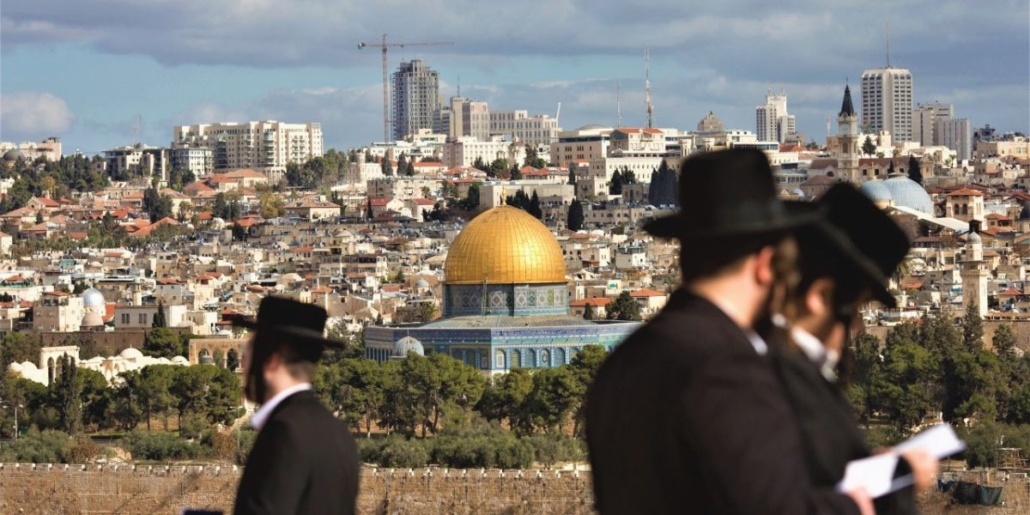The concept of the Third Temple in Islamic Prophecy holds significant importance in Islamic eschatology. Drawing from both Quranic verses and Hadiths. Let’s delve into its historical significance and the prophesied future construction according to Islamic teachings.
Historical Significance
- In Islamic tradition, the First Temple, known as the “Bayt al-Maqdis” (House of the Holy), was built by Prophet Solomon (peace be upon him). As a place of worship dedicated to Allah. It stood as a symbol of divine presence and served as a spiritual center for the Jewish people.
- The Second Temple, also known as the “Bayt al-Maqdis,” was rebuilt after the Babylonian exile and later expanded by Herod the Great. It played a central role in Jewish religious and cultural life until its destruction by the Romans in 70 CE.
Future Construction in Prophecy
- According to Islamic tradition, the Prophet Muhammad (peace be upon him) prophesied the rebuilding of the Third Temple during the End Times, signaling the nearing of the Day of Judgment. The construction of the Third Temple is believed to be a precursor to significant events leading to the final reckoning and establishment of divine justice.
- Hadiths attributed to the Prophet Muhammad (peace be upon him) mention the restoration of Jerusalem and the rebuilding of the Temple as part of the signs of the End Times. These include references to the liberation of Al-Aqsa Mosque and the return of Jesus (peace be upon him) to Earth as a just ruler and leader of the believers.
Quranic and Hadith References
- Quranic verses such as Surah Al-Isra (17:7) and Surah An-Naml (27:82) mention the return of the Children of Israel. To their land and the restoration of their power and authority. These verses are often interpreted in connection with the prophecy of the rebuilding of the Temple.
- Hadiths, including those recorded in Sahih Bukhari and Sahih Muslim. Contains references to the signs of the Hour and the events leading to the End Times, including the rebuilding of the Temple and the descent of Jesus (peace be upon him) near the white minaret to the east of Damascus.
Contemporary Perspectives
- The concept of the Third Temple holds varying interpretations among Muslims. Some view it as a significant event heralding the fulfillment of divine prophecies. Others consider it as part of broader geopolitical and religious dynamics in the Middle East.
- Contemporary discussions within Islamic scholarship often involve reflections on the symbolic and spiritual significance of the Temple. Concerning broader themes of justice, peace, and divine intervention in human affairs.
Conclusion
In conclusion, the concept of the Third Temple in Islamic prophecy. Encompasses both historical significance and future construction. As foretold in Quranic verses and Hadiths. Its anticipated rebuilding is believed to be a pivotal event. Marking the culmination of divine prophecy and the onset of significant events leading to the Day of Judgment.
